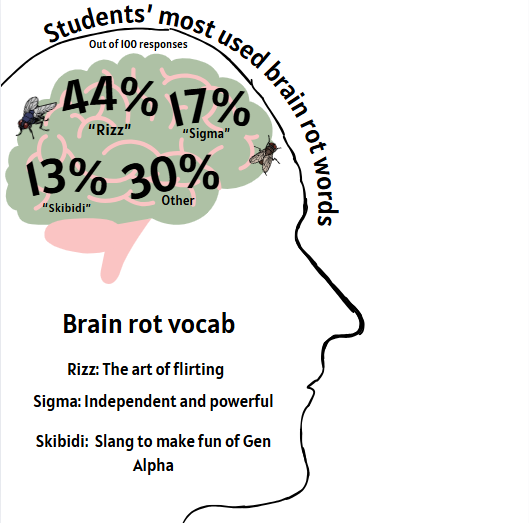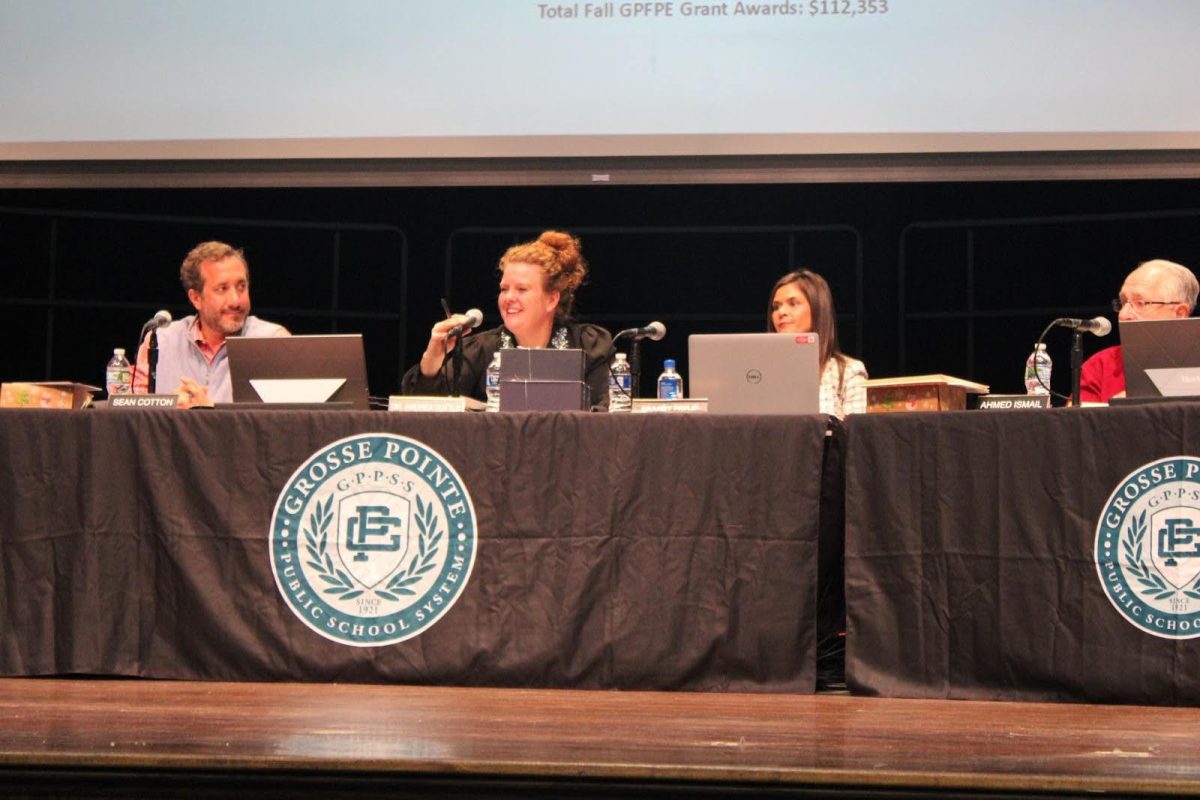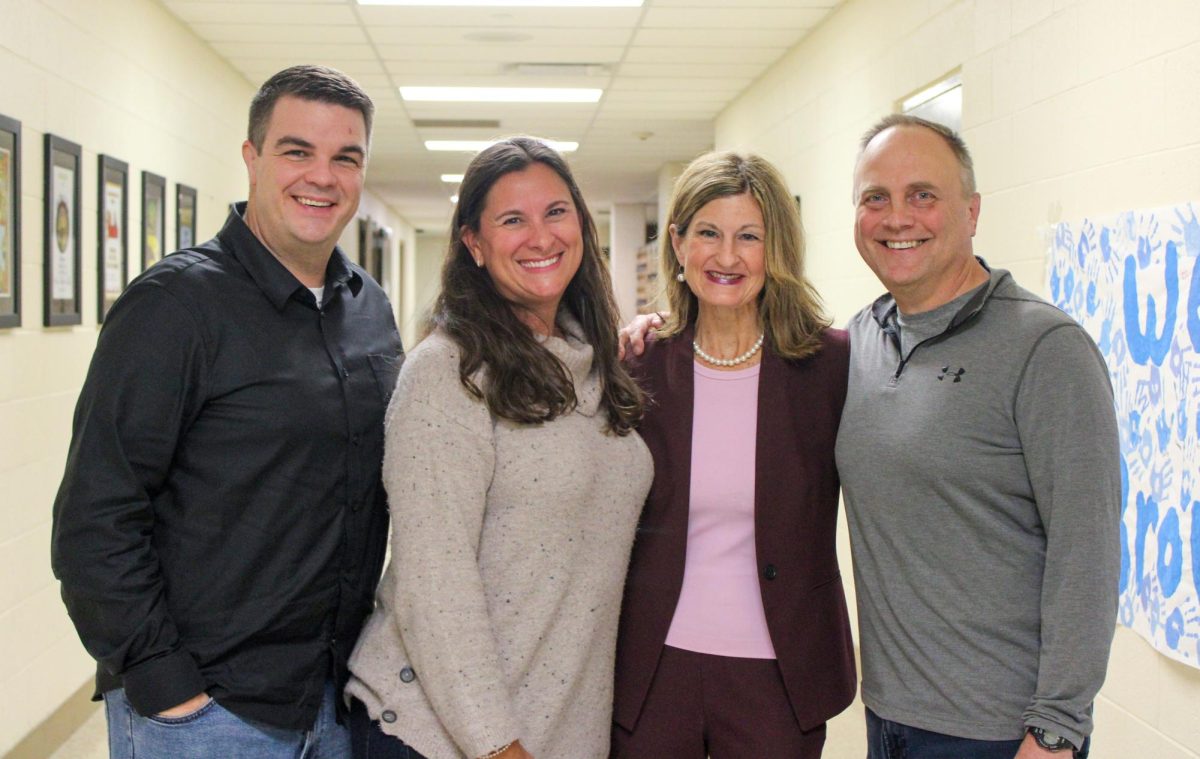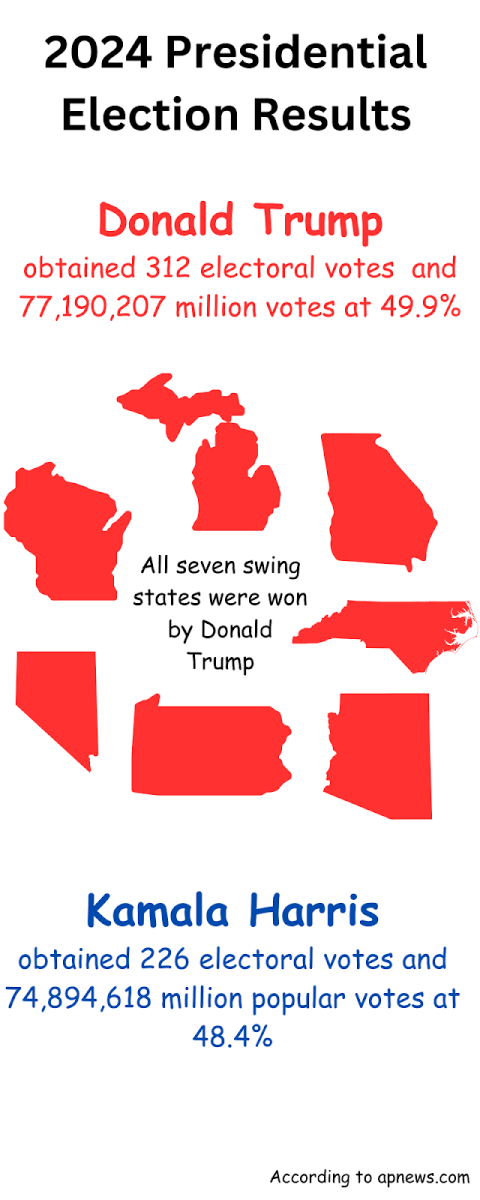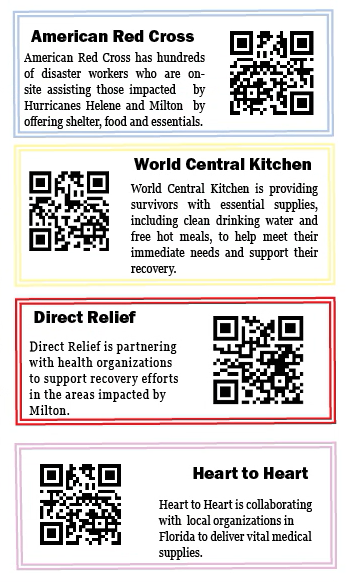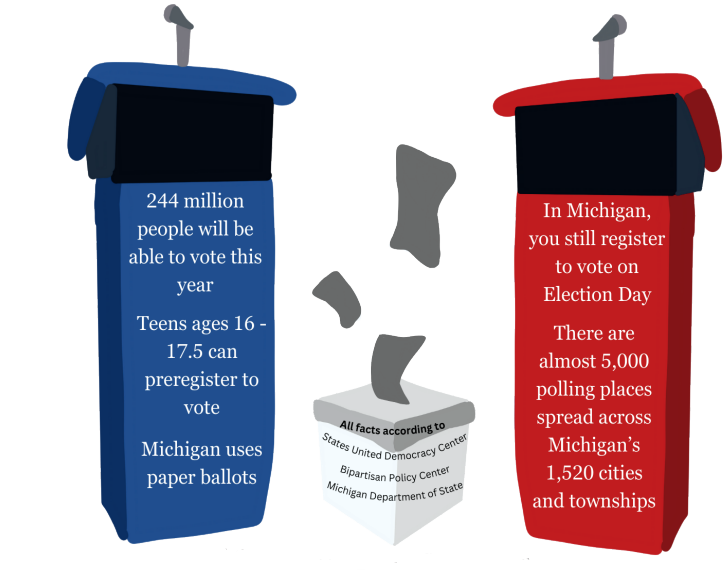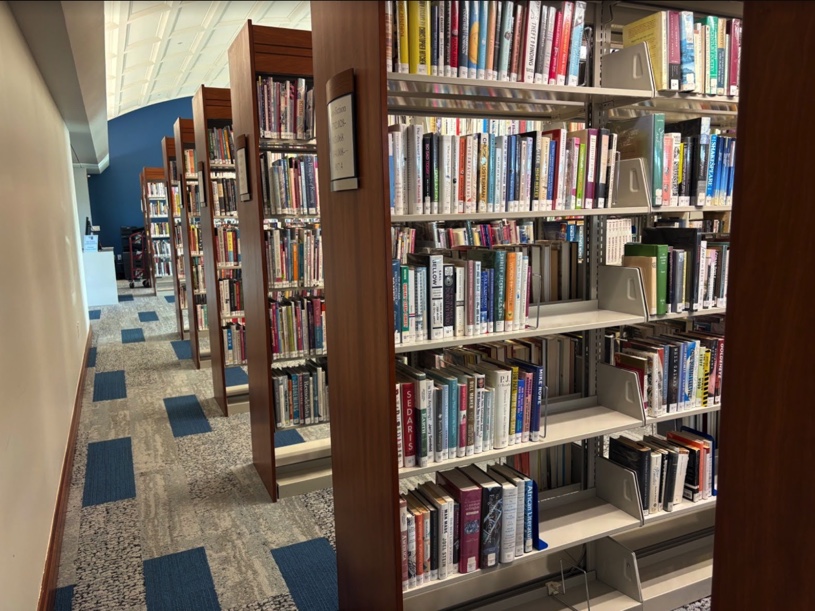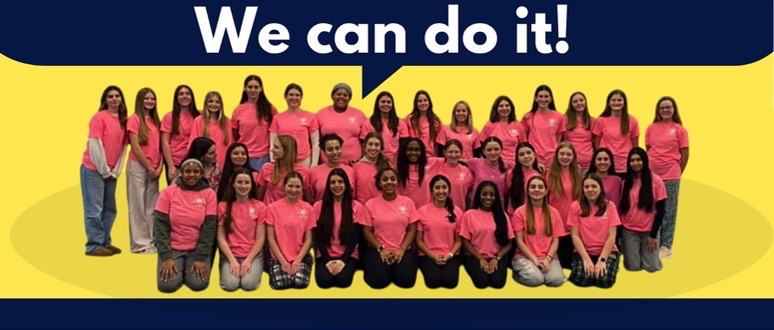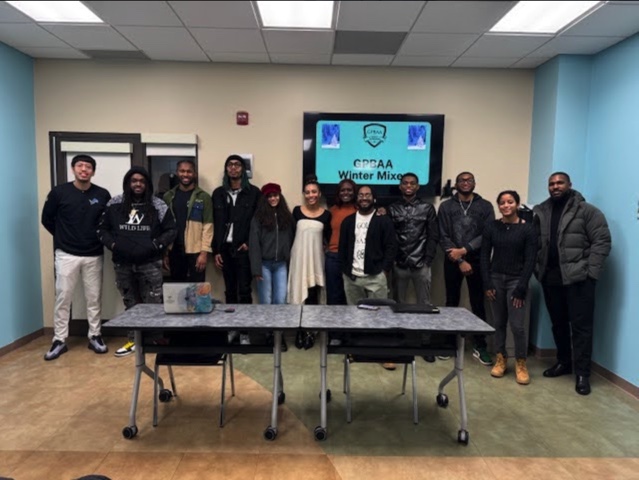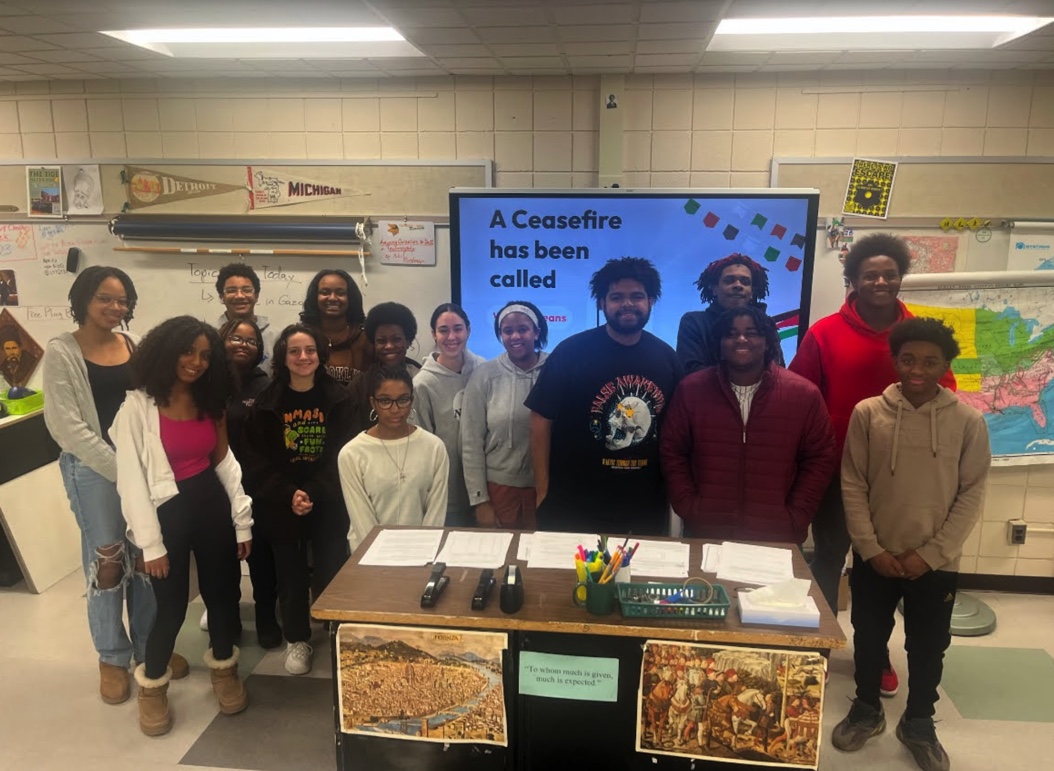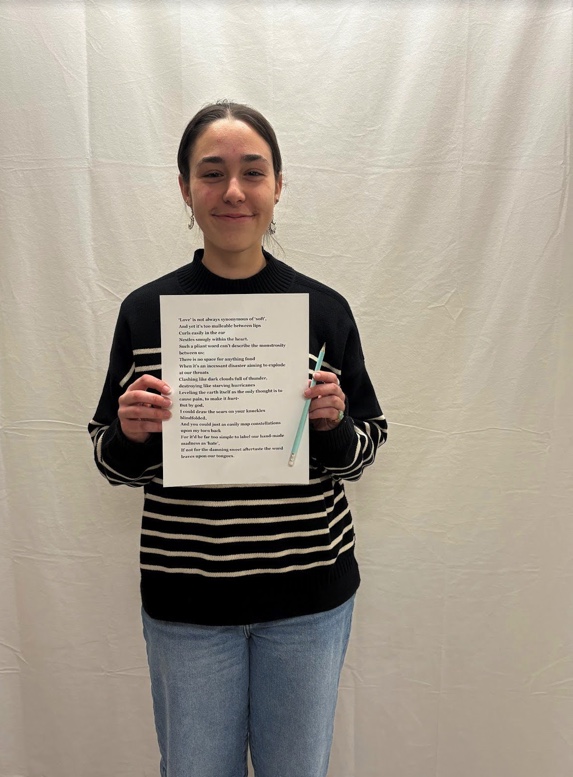A tranquil atmosphere takes over the room as Mrs. Alles’s English class finishes their vocabulary quiz. She observes in lighthearted gratitude how, instead of doing their homework or scrolling on their phones, the students are now wholly engrossed in their books, a complete juxtaposition from previous years.
Last year there was a schoolwide push for both PSAT and SAT prep, and teachers, including Alles, believed that a great way to raise test scores was for students to work on reading skills such as stamina, comprehension and application to the real world. As a result, the idea was born to have students participate in Silent Independent Reading in their English classes for forty minutes a week.
“Ultimately it will improve their ability to read independently for longer,” Alles said. “I also think it will improve reading comprehension [and] improve focus in reading. And I think ultimately too, which we’ve seen in test prep, that increase in vocabulary skills is wildly important for students. And it’s one of the main things that we found last year when we did our PSAT and SAT work is that the test is, no matter if it’s reading or science, ultimately a reading test.”
Even though the new Silent Independent Reading policy has been put in place to improve students’ learning, some students dislike it, including freshman Jack Bartkowicz. Though Bartkowicz understands why teachers are enforcing Silent Independent Reading, he feels somewhat unenthused about this policy.
“You should get some reading in, it kind of helps you learn how a story is formed,” Bartkowicz said. “But I don’t really want to read 15 minutes everyday.”
While setting aside time to read during a rigorous school day can pose a challenge for some students, Executive Director of We Shall Read, an organization working to promote reading, and co-author of Brain Friendly Reading, Kristin Dwyer believes that policies like this are critical. She notes that a book’s ability to immerse students into different experiences will prove to be a benefit to them in the long run.
“When high school students read, they allow themselves to be transported into all different kinds of times and places and spaces and to see the world from lots of different points of view,” Dwyer said. “That is something that is very helpful for adults. When adults enter the workforce and become a part of society, being able to see things from other people’s points of view and imagine other possibilities to problems is incredibly important, not only for them, but for the communities that they live in.”
Similarly to Dwyer’s take on the benefits of reading, Alles is encouraging students to apply a twist to their reading and expanding their minds to incorporate different perspectives and genres.
“I would just like students to be open-minded to it and to take the opportunity to read something, perhaps that their friends told them to read, but they haven’t had time to read,” Alles said. “Even our strongest readers and our students that have always been readers, it drops off because people are busy. You have a lot of extracurriculars, so be open-minded to it. Take the time to get back into it, hopefully find the love for reading again that was there when you all were younger.”






